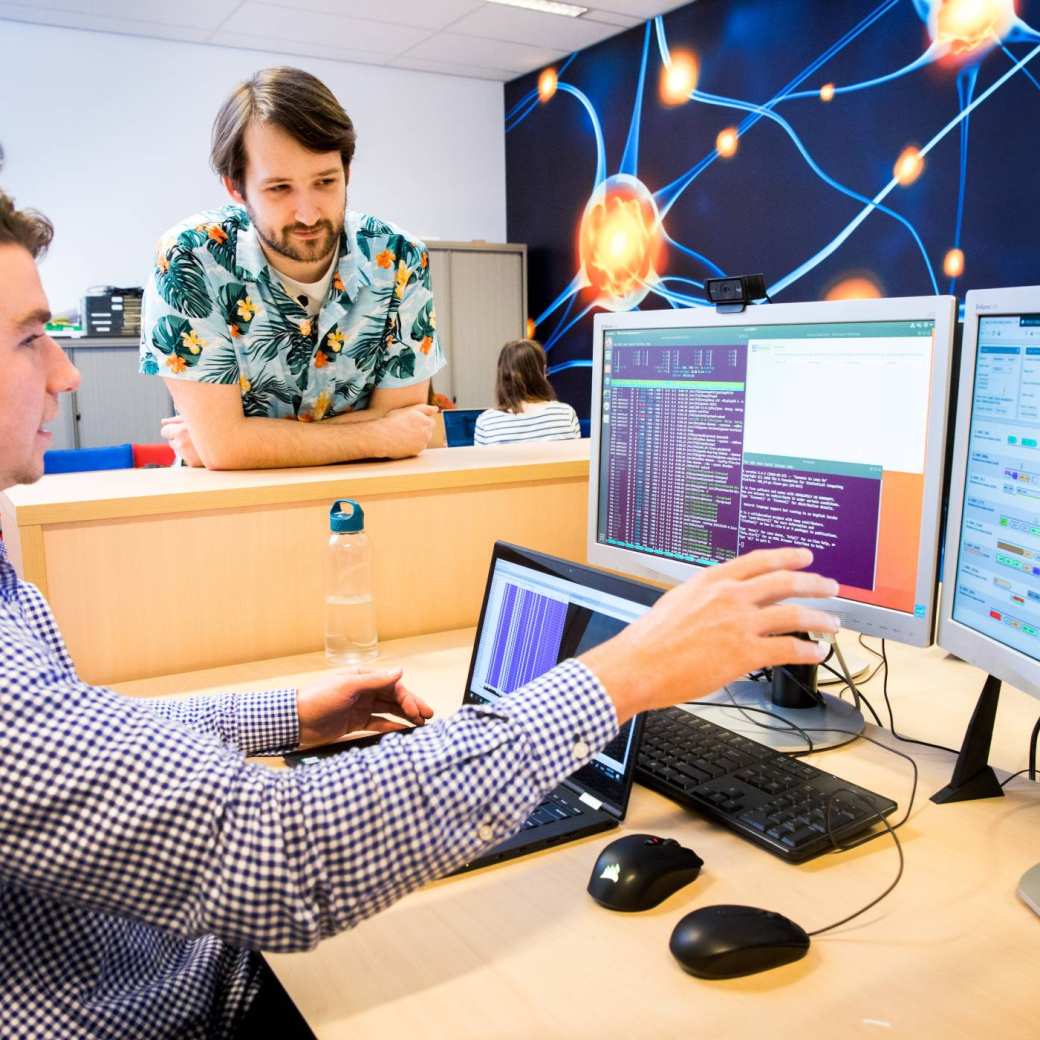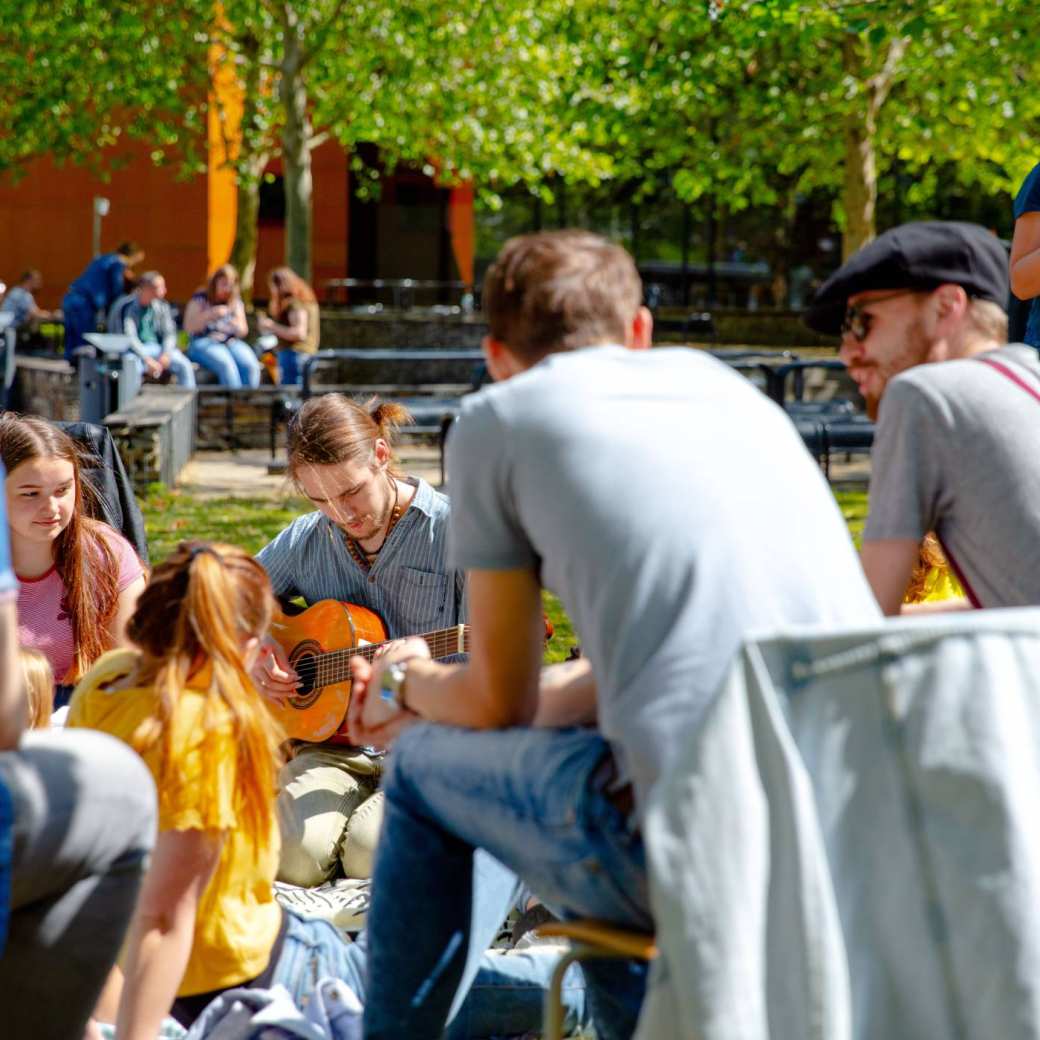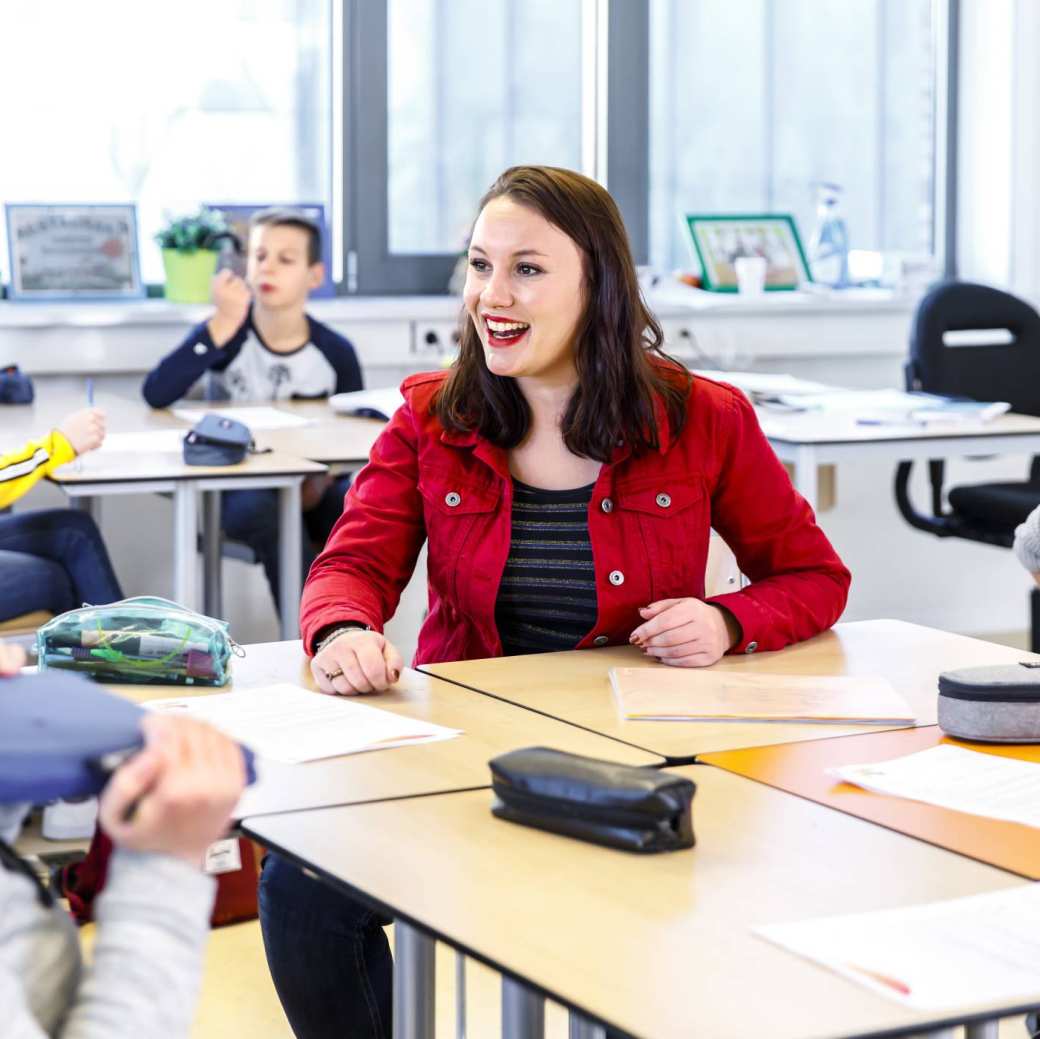Instrumental Analyses of Micro and Macro Components
You will be introduced to the interfaces between organic and analytical chemistry and will carry out applied research in (bio)analysis. The course uses problem-based learning applied set in realistic research assignments. This course focuses on syntheses and the analysis of (bio)molecules in the biodiscovery chain.

The program in a nutshell
The semester-long course focuses on 2 assignments. The first is synthesis of an aromatic component and analysis of products with analytical chemistry. The theme is the interface between organic and analytical chemistry. The second assignment is examining food products for elements and biomolecules. Quality and safety are central. You will work with HPLC, GC, GC-MS, AAS and electrochemical techniques.
The theoretical part of the course covers aromatic chemistry, instrumental analytical techniques and statistics. You apply the statistics to the research results of the assignments and you start working with method development and quality assurance. You also learn how to present the research results in a presentation and in an advisory report.

Program details
Competences
You strengthen these competence areas during the program:
- Knowledge development
- Knowledge application
- Research planning
- Effective collaboration

Dutch way of learning
The atmosphere in a Dutch classroom is quite informal and your lecturers are easy to talk to. In fact, at HAN you’re seen as a partner in the learning process. Class sizes are small and your lecturers encourage you to actively participate in class. To ask questions and give your own opinion. They also stimulate you to be creative and to discover things for yourself.

HAN International Intro
Get a good start to your studies during this week of orientation:
- learn about living in the Netherlands
- become familiar with the campus
- get on board with your exchange program
- make new friends!

What about credits and grading?
At HAN we use the European Credit Transfer and Accumulation System, or ECTS. It’s the standard credit system used in higher education across Europe. How does it work? One credit = 28 hours of study. Think of contact hours. Time spent working on assignments. Preparing for exams.
One semester = 30 credits = 840 hours of study. To earn credits, you need to pass your exams. What counts as a pass? A grade of at least 5.5.

Admission
What are the admission requirements? And how do I apply?
